
Developer: Caligari Games
Publisher: WhisperGames
Platform: PC, Switch, PS4, Xbox One
Tested on: PC
Whateverland – Review
It took indie studio Caligari Games two years of development on a relatively low budget to bring Whateverland to the public, after a successful Kickstarter campaign. Granted, this isn’t the Spanish developer’s first rodeo, as they are also the creative minds behind the award-winning The Great Perhaps. However, at first glance, Whateverland is a much more ambitious project than its predecessor. Was The Great Perhaps lightning in a bottle or can Caligari Games confirm their skill as a developer with Whateverland?
Story
We’ve recently taken a look at Sunday Gold, a point-and-click adventure where the protagonist is a thief with questionable morals, so it felt almost surreal that this was also the case with Whateverland. Both games take on wildly different approaches, however, both in terms of aesthetics and in terms of storytelling. The opening scenes of Whateverland introduce us to Vincent, a burglar who has his eyes set on a valuable-looking necklace. Unfortunately for our thieving protagonist, said necklace happens to be the property of the witch Beatrice. She catches him in the act and decides to banish him to Whateverland, a bizarre purgatory where Beatrice’s previous victims live their cursed lives. It’s now up to Vincent to find a way to escape this place, whether it’s by using his skills as a thief or taking a less morally questionable approach and aiding Whateverland’s cursed inhabitants.
Graphics
If we were to talk about Whateverland looks without being able to show screenshots, we’d describe it as “a Flash game designed by Tim Burton”. This shouldn’t come as a surprise as the game’s Kickstarter campaign promoted the game as “A Grotesque Burton-style Adventure”. The art direction feels inspired by the works of the famous director but the execution isn’t particularly impressive. Don’t get us wrong, we still feel like the hand-drawn art style works wonders here, but the animations are slightly off, making character movements awkward more often than not. That said, the visuals ooze charm, and the environments are filled with small details that are guaranteed to crack a smile. We should point out that Vincent bears an uncanny resemblance to Christopher Eccleston’s portrayal of The Ninth Doctor from Doctor Who, although that’s probably coincidental rather than intentional.
Sound
We wish we could say that we loved Whateverland’s soundscape because it’s noticeable how much effort was put into it, but unfortunately, the game misses the mark here. The main issue here are the voice actors, which we suspect weren’t all that experienced. They definitely weren’t native English speakers, and their strange manner of speaking bothered us throughout the game. Had this been limited to just the inhabitants of Whateverland, one could have written this off as just another part of the quirky atmosphere of the world, but the main offender is Vincent himself. The entire cast certainly feels enthusiastic but because none of them seem to master the English language, their cadence is often off and their intonation often doesn’t match the tone of the witty dialogue. Developer Caligari Games is based in Spain, but the accents, in combination with the Slavic-style polka music that makes up the majority of the soundtrack, almost convinced us that the game came from a different part of Europe altogether, despite the otherwise ambiguous setting.
Gameplay
Unlike what you’d usually expect from a point-and-click adventure game, Whateverland takes a non-linear approach. Not only does this bode well for replayability, but it also means that there are multiple ways to approach the obstacles that come your way, and if you get stuck on a puzzle -which happened more than once during our time with the game- you can usually return to a previous save file to try things in a different way. Of course, you never know when such a puzzle is going to pop up and you can’t undo earlier decisions, so saving often is a habit you should get into, especially if you run into a game-breaking glitch, which we unfortunately did -more on that later.
Because of the non-linear approach, Whateverland’s gameplay relies less on lengthy and obtuse puzzles and more on choice-driven dialogues. There are typically two ways to handle a problem: a “good” way or an “evil” way. Dialogue choices that correspond with either of these paths are indicated with a small icon. In practice, the majority of “good” choices involve interacting with NPCs whereas the “evil” choices will present you with more inventory-based solutions to the obstacles that come your way but there is still a lot of overlap, both in terms of moral compass and in terms of actual gameplay. It’s a refreshing take on the genre, and Whateverland never feels stale. It also helps that there are mini-games of sorts implemented here, and these break up what could otherwise have been a monotonous experience.
An impressive amount of effort was actually put into these mini-game-based puzzles, with the standout being the turn-based tabletop strategy segment shown below, which is titled Bell and Bones. If you’re really not a fan of turn-based strategy gameplay, this entire segment can be skipped, provided you have collected enough of a specific resource. That being said, seeing that this was perhaps our favorite part of Whateverland, we highly recommend that you give it a shot. Another highlight is a rhythm-game-inspired segment that definitely has the potential to be fleshed out into a standalone title. In fact, we would have loved it if some of these mini-games had been accessible straight from Whateverland’s menu so you could play them as standalone features.
Technical performance is for the most part fine, apart from one moment where the game simply stopped working for us. At a certain point, depending on the choices you make, Vincent attempts to pick a lock. He has a selection of lockpicks at his disposal for this, and although the game responds to the first pick, telling you it’s not the right one, subsequent attempts with other picks did absolutely nothing: there was no feedback at all. Ultimately, we had to reload a previous save and make different choices, allowing us to bypass this segment completely. Now, for some bizarre reason, Whateverland does not offer controller support on PC, even though the game exists on PlayStation and Switch as well. As we only have access to the PC version, we’re not sure whether or not the aforementioned game-breaking glitch can be replicated in the console ports, but it seemed to be an issue tied to mouse input. Hopefully, this is something that is resolved in a future patch. There are some other minor issues like spelling errors in on-screen dialogue or voice clips not always playing when they should, but these all seemed like fairly minor issues that could be resolved easily.
We should note that Whateverland is a rather short game, clocking in at roughly 3.5 hours for a single playthrough. Unlike most other point-and-click titles, there is some replay value here, and we estimate that in order to see everything, you’re looking at around 5 hours worth of content here. That might not seem like a whole lot, but then again, Whateverland doesn’t exactly break the bank either and apart from that lockpick glitch, we thoroughly enjoyed what the game had to offer in terms of point-and-click gameplay. Note that if you’re going to chase every achievement, then two playthroughs won’t be enough, and with only a limited number of save slots available, you’re going to spend upwards of twenty hours with the game if you’re a completionist.
Conclusion
What Whateverland lacks in polish, it more than makes up for with innovative gameplay, including those mini-game-based puzzles, and a genuinely charming atmosphere. We do hope that some of the technical issues are resolved down the line, so waiting for an update or two is perhaps the best approach, but even if you decide to pick up Whateverland today, you won’t be disappointed. You can of course simply give the free Prologue a spin before you commit fully to Whateverland, but because of how varied the gameplay is -despite the short length- we should probably mention that the best parts are only found in the full release.
Whateverland - Review,1 Comment
Leave a Reply
You must be logged in to post a comment.

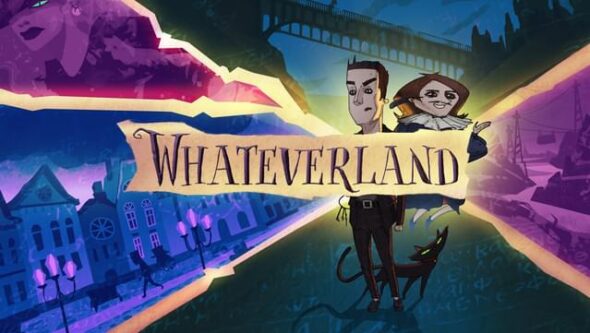
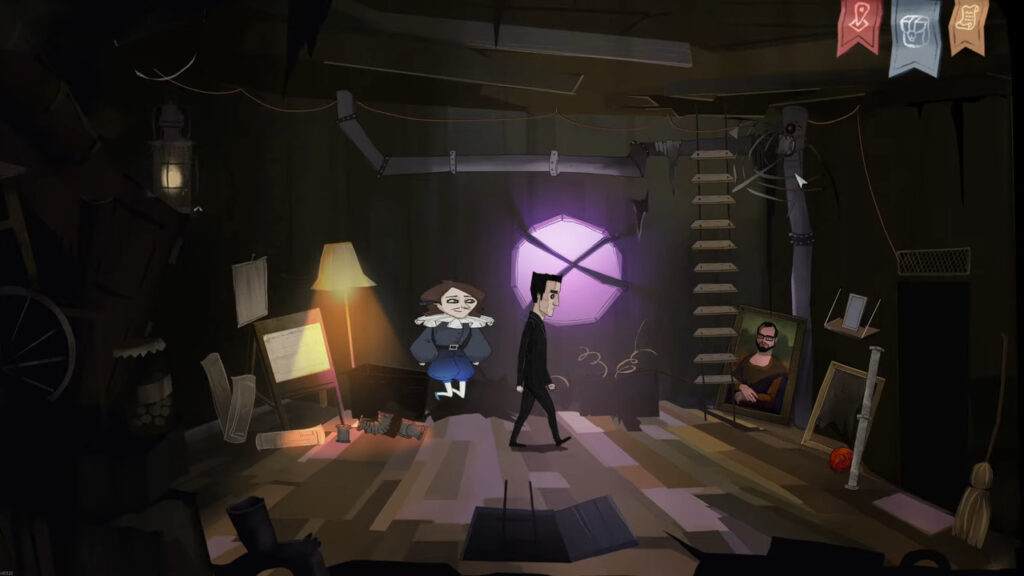
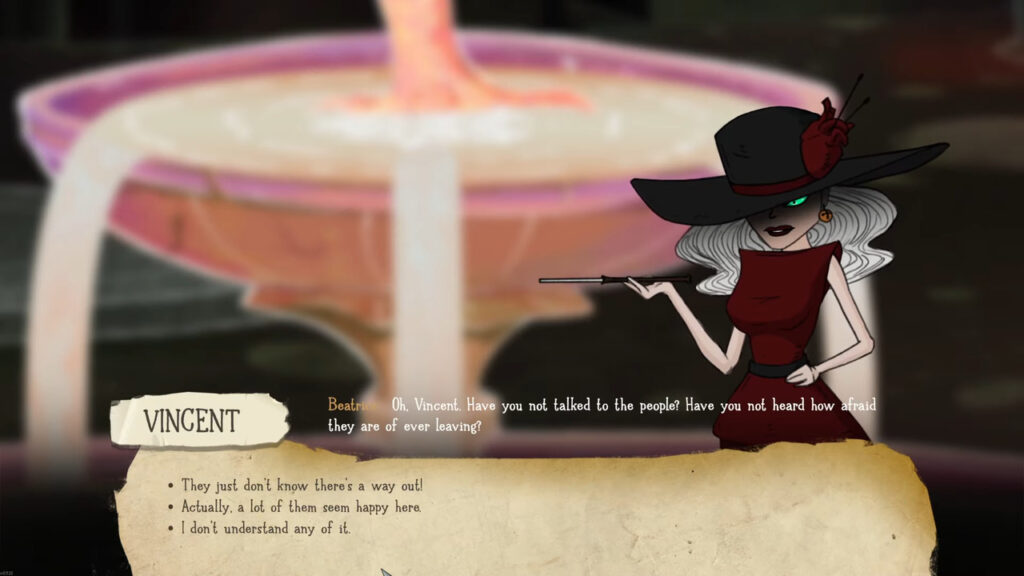
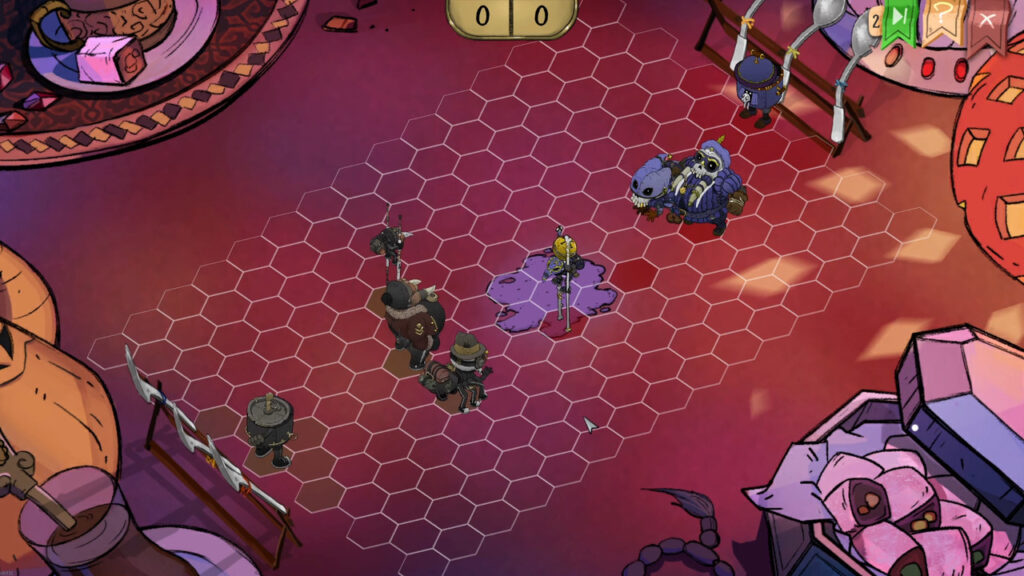
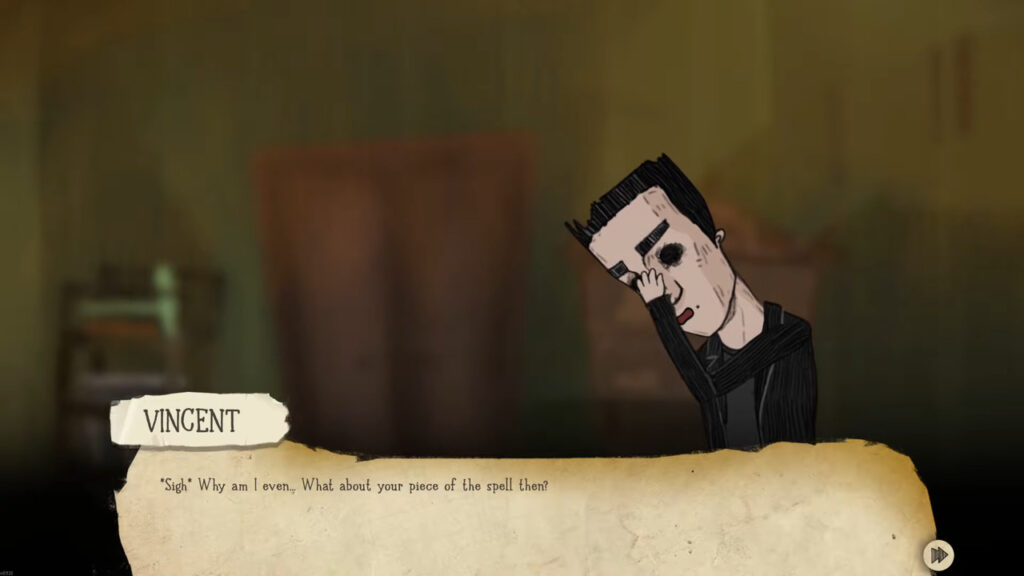
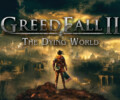



[…] while ago, we already covered Whateverland. This point-and-click game by established Spanish developer Caligari Games has an interesting […]